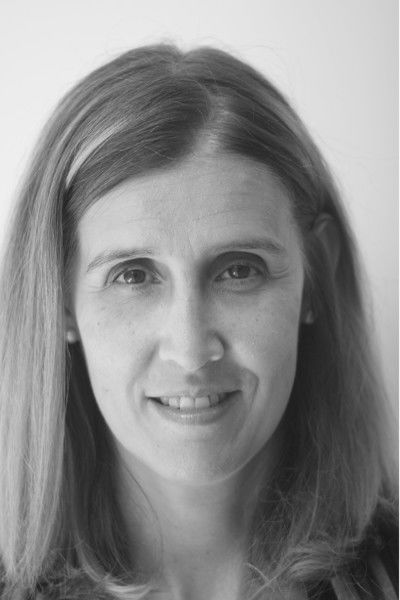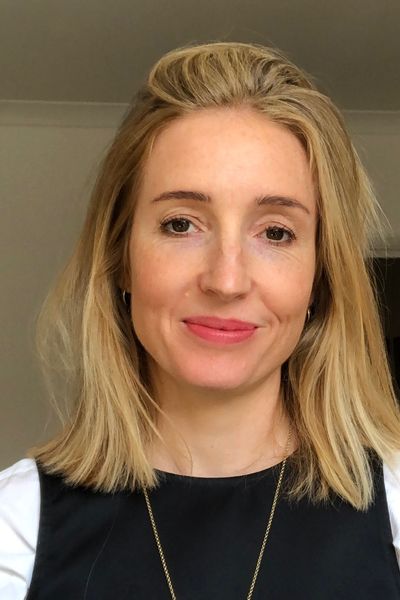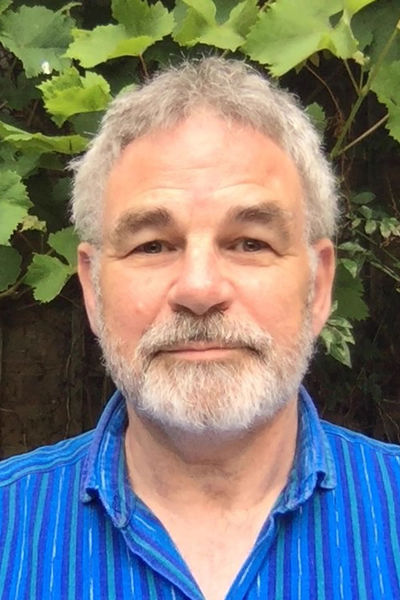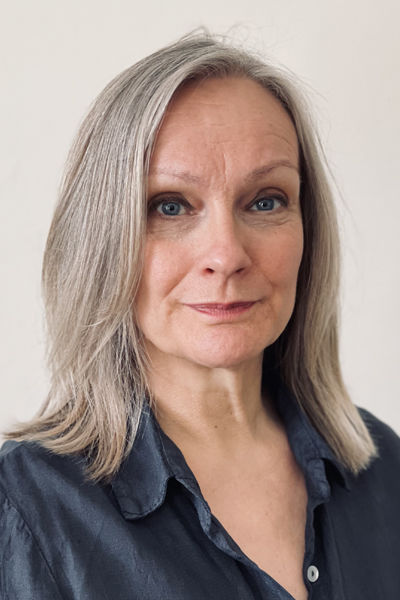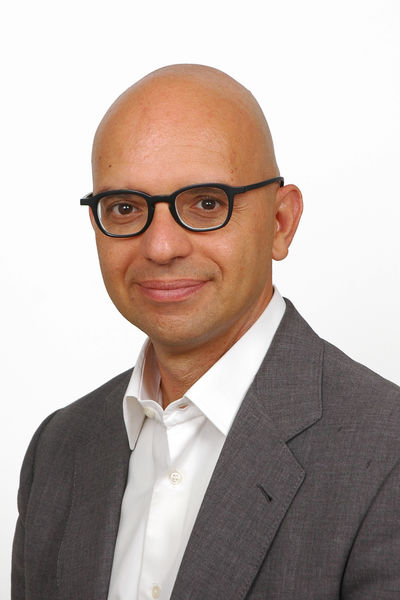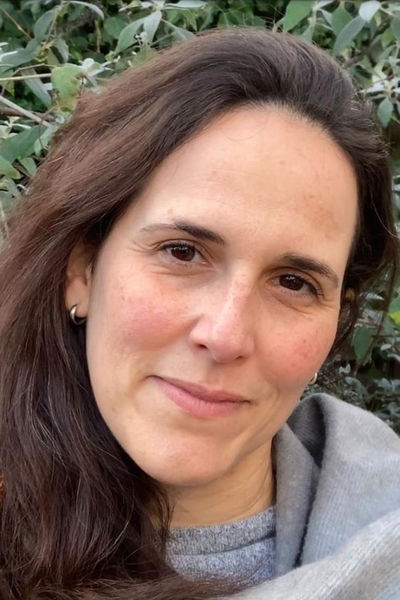Post Traumatic Stress Disorder - PTSD
The impact of traumatic events can helpfully be thought of on a scale of impact. Often we are able to process traumatic events without any help or support; with this tending to depend upon the severity and complexity of the trauma. It is possible to suffer with trauma but not necessarily feel comfortable with the term Post Traumatic Stress Disorder. The important thing is that if something frightening and disturbing has happened and you think that it has had an impact on you for longer than you would like then this is something that can be explored in counselling and therapy.
Triggers for trauma are identified as exposure to actual or threatened death, serious injury or sexual violation and the person will have directly experienced the event, witnessed it, learnt of it in relation to a close family member or friend or, have been exposed to the details of the event.
Faced with a traumatic incident it is normal for a persons survival instincts to activate, so “fight, flight or fright” are the primary physiological responses combined with difficult thoughts, feelings and bodily sensations. However it is the symptoms that present following the event which are used to consider whether someone may need treatment.
In the weeks immediately following a traumatic event it would be usual to diagnose an Acute Stress Disorder or ASD. Sufferers with ASD will have the same symptoms as those with PTSD but not everyone who suffers a trauma and ASD will go on to have PTSD.
Post Traumatic Stress Disorder Symptoms
The symptoms are grouped into four clusters and include reliving the event (in dreams or through flashbacks), having distressing memories, thoughts or feelings as reminders of the event, then a range of cognitive experiences including memory loss, distorted thinking, wanting isolation and finally “arousal”. So being hyper vigilant, experiencing sleep problems and / or reckless or self destructive behaviour, one example might be use of alcohol.
Recognised treatments for PTSD include talking therapies and our team have extensive experience of working with PTSD.
PTSD causes
PTSD can arise as a result of a number of expereinces and situations and some these include:
- Sudden loss and bereavements
- Accidents
- Violent incidents
- Rape and sexual assault
- Being a victim of crime
- Environments of intense stress
- Unexpected shocks
- Moments of sudden change
Therapy for PTSD and trauma
There are a range of therapeutic ideas and methods relevant for treating trauma and PTSD. Initially and crucially your therapist will need to understand the nature, context and impact of the trauma. Sometimes revisiting the traumatic event can be helpful whilst at other times therapy can be about finding ways to create a sense of distance from the events. Everyone has their own unique capacities for dealing with and working through trauma and therapists are skilled at helping you find yours whilst supporting you during the process.
Read more: Trauma, Acute Stress Disorder and Post Traumatic Stress Disorder PTSD
Further PTSD/Trauma Assistance
If you require further assisatnce regarding our PTSD and Trauma Services either Contact Nicholas Rose & Associates using the Enquiry form here below or please telephone 020 8996 9551.
Therapists Specialising in Post Traumatic Stress Disorder - PTSD:
Same Day Appointments
We can offer same day appointments for our services.
Call us now on 020 8996 9551
Review
I just want to thank you for all your support over the past couple of months. You have helped me during a confusing and challenging time in my life and for that I am grateful for your time and understanding.




